The avocado is a tree that had its root from south-central Mexico, but today is commercially grown in warm climates such as tropical and Mediterranean places in the world. The fruit of the plant is called an avocado. Mexico is known to produce about 34% of the world’s supply of avocados. They are a good source of fiber and folate, potassium, vitamin E and B vitamins and overall provide nearly 20 essential vitamins and nutrients and the only fruit that provides a substantial amount of healthy monounsaturated fatty acids (MUFA).
The fruit is also known as an alligator pear or butter fruit and it has a pear-shaped, egg-shaped form. The fruit is not sweet, but rather distinctly and subtly flavored, with a smooth texture. The avocado is common in vegetarian cuisine as a substitute for meats in sandwiches and salads because of its high-fat content or used in both savory and sweet dishes.
Generally, it is served raw and its most popular use is as the Mexican dip known as guacamole or as a spread on corn tortillas or toast, substitute for butter or oil in your favorite baked good recipes. Some people also can add avocado to an omelet or on the side of scrambled eggs. If you want to include the fruit in more of your meals, try these avocado recipes:
Nutrition Facts:
The following nutrition information is provided by the USDA for one medium avocado, without skin or seed for 100g.
- Calories: 227
- Fat: 21g
- Sodium: 11mg
- Carbohydrates: 12g
- Fiber: 9.2g
- Sugars: 0.4g
- Protein: 2.7g
Health Benefits
The avocados have many potential health benefits include improving digestion, decreasing the risk of depression, and protecting against cancer.
Healthy Skin
Avocados have many nutrients that added to a variety of cosmetics nourish the skin with essential vitamins and make it glow.
Anti-Aging Properties
Consuming avocados and applying pure avocado oil to the skin may help anti-aging due to the antioxidant properties of compounds lutein and zeaxanthin.
Improves Cognitive Function
Avocados contain lutein and zeaxanthin antioxidants, that increase protection of the eye to help minimize damage, including from ultraviolet light.
Common Questions
What Is the Best Way to Choose an Avocado?
Choose an avocado with a dark and consistent color. Gently squeeze it with the palm of your hand. If it feels soft, it is ripe and ready to use.
What Is the Best Way to Store an Avocado?
If you don’t want to waste food you store avocado by adding lime or lemon juice to their fruit so that they can eat just a small amount and save the rest for later or cut a yellow onion in half and put it in the same container with the avocado fruit.
How Long Will Avocados Stay Fresh?
You can store ripe, uncut avocados in the refrigerator for 2-3 days.
How Can I Ripen an Unripe Avocado?
if you want to speed up the ripening process of an avocado, you can put it in a brown paper bag with a banana for 2-3 days.
Can You Freeze an Avocado?
You can freeze slices of it, but this may change the texture of the fruit. Avocado leaves, bark, skin, or pit are harmful to animals. Here is a quick video on how to cut avocado from tablespoonrecipes
Also in This Issue
Allergy
Pollen-food sensitivity syndrome can cause people with oral allergy syndrome to experience an allergic reaction when eating an avocado. If you have a latex allergy, it is better to consult first with your doctor before eating that fruit. More tips and recipes about avocados you can find at avocadosfrommexico‘s website.
Did you make something with Avocado?
Please let me know how do you use avocado! Leave a comment below and tag @tryveganrecipes on Instagram and hashtag it #tryveganrecipes.






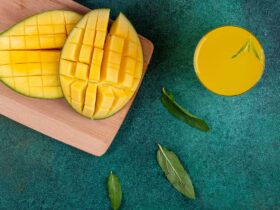


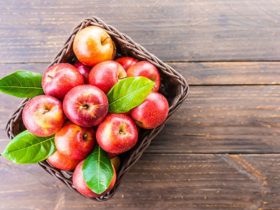
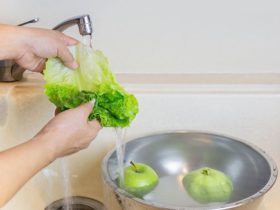


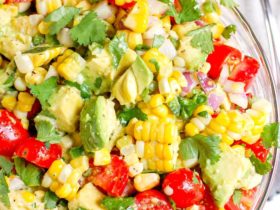
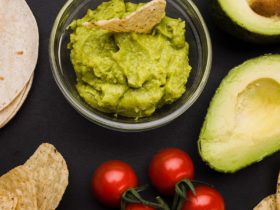

Leave a Reply